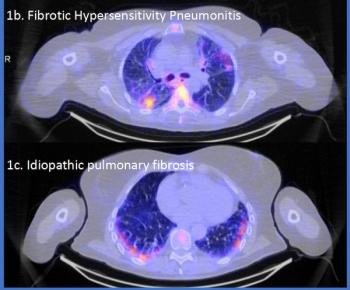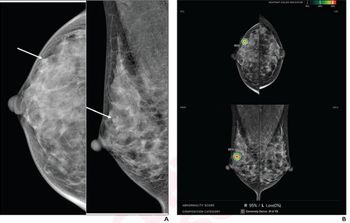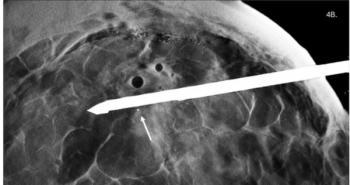
R&D shift seeks to leverage image quality to cut dose
A dramatic shift in R&D toward patient safety has taken place in the CT industry, a shift most clearly seen in efforts to reduce patient radiation dose. Iterative reconstruction algorithms are a prominent fixture at the ISCT meeting this year, as they and their future development are increasingly seen as providing the means to cut dose, while maintaining or even boosting image quality.
A dramatic shift in R&D toward patient safety has taken place in the CT industry, a shift most clearly seen in efforts to reduce patient radiation dose. Iterative reconstruction algorithms are a prominent fixture at the ISCT meeting this year, as they and their future development are increasingly seen as providing the means to cut dose, while maintaining or even boosting image quality.
In the past, vendors have emphasized image quality alone, looking for ways to improve diagnostic confidence or add clinical applications. But with increasing attention being paid to patient dose, vendors have sought to leverage this software to maintain the current benchmark of image quality and reduce dose.
They have documented that iterative reconstruction algorithms can be used to clean up noisy images, producing scans of the same image quality as before, but with less radiation. GE Healthcare pioneered this approach, unveiling the idea at RSNA 2008 with its Adaptive Statistical Iterative Reconstruction product. Dose reductions of 50% or more have since been demonstrated in clinical use, according to the company.
More recently, Siemens and Philips have followed suit, Siemens through its IRIS (Iterative Reconstruction in Image Space) and Philips through its iDose. Toshiba is also developing an iterative reconstruction algorithm. GE is developing a next-generation Model-Based Iterative Reconstruction.
Newsletter
Stay at the forefront of radiology with the Diagnostic Imaging newsletter, delivering the latest news, clinical insights, and imaging advancements for today’s radiologists.














